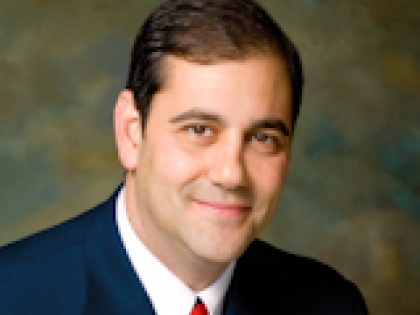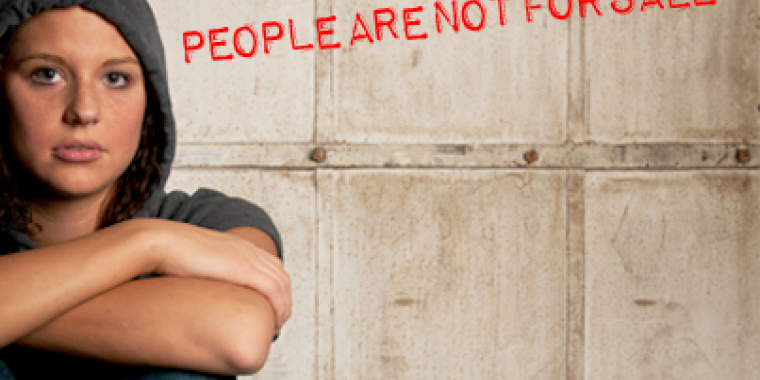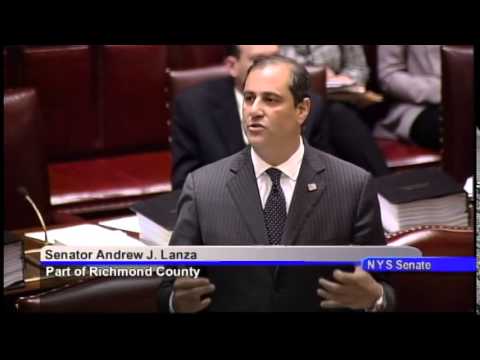
'They deserve better’: Pols asks governor, mayor for nursing home task force

STATEN ISLAND, N.Y. -- Borough President James Oddo and nine other Staten Island elected officials recently sent a letter to Gov. Andrew Cuomo and Mayor Bill de Blasio asking to create a Nursing Home Task Force.
“Nursing homes are facing a bevy of critical problems for which they could never have been prepared,” the letter reads. “There are 10 such facilities on Staten Island, and, to one degree or another, all are suffering from an inability to cope effectively with this crisis.”
The letter was co-signed by State Sen. Andrew Lanza J. (R-Staten Island), State Sen. Diane Savino (D-North Shore/Brooklyn), Assemblywoman Nicole Malliotakis (R-East Shore/Brooklyn), Assemblyman Mike Reilly (R-South Shore), Assemblyman Michael Cusick (D-Mid-Island), Assemblyman Charles Fall (D-North Shore), Councilwoman Debi Rose (D-North Shore), Councilman Steven Matteo (R-Mid-Island) and Councilman Joseph Borelli (R-South Shore).
“We are suggesting that the creation of such a task force could be the difference between life and death for many of the residents of these facilities,” the letter continues.
Oddo is asking the Gov. Cuomo to create "a statewide task force that can have local affiliates in places like Staten Island.”
As of Thursday night, there have been 97 deaths at nursing homes and 20 at adult care facilities on Staten Island, for a total of 117 fatalities, according to data from the New York State Department of Health.
Those fatalities represent 31.7% of the 369 confirmed coronavirus deaths in the borough -- the highest percentage in New York City overall.
“It is more than a concern,'' Oddo said in a phone interview with the Advance/SILive.com. "It’s frustration and anger, really, on the part of these facilities and the elected officials, that we are still chasing supplies, still chasing PPE. And we’ve known for a while now that these staffs have been devastated and they’re working around the clock.”
Overall, Staten Island has 10 nursing homes for a total of 3,206 beds, but not all of them are currently in use, according to Dr. Ginny Mantello, the borough’s health and wellness director.
Additionally, 16.2% of the borough’s population is 65 and older -- the population considered most at risk for the coronavirus, the according to the U.S. 2018 census projection.
“These are the most vulnerable among us,'' Oddo said. "They deserve better. The fellow Staten Islanders and New Yorkers whose calling it is to work in these facilities deserve better and we are paying and they are paying a heavy price for us not being better prepared.”
Mantello explained that the spread of the coronavirus in nursing homes in not isolated to Staten Island.
“This is a global, citywide, statewide issue, and they don’t have the equipment, they don’t have the staffing, they don’t have the ability to be able to take care of this very high risk, very vulnerable population, even though we knew that they could get very hard hit and that they are going to get very hard hit,” Mantello said.
Nursing homes need more testing so that their staffs can know exactly who is positive and who is not in order to isolate the patients who tested positive for COVID-19, both Mantello and Oddo agreed.
Having a better understanding of who is positive and who is not in a nursing home would also help hospitals, as the patients could then stay isolated in the homes instead of being transported to local hospitals, they said.
“This has to be an effort where everybody is working closely together and in harmony in order for anybody to function well,” Mantello said.
The borough president’s office is working closely with the city health department in order to have the right tests come to Staten Island as, after a long back and forth, some of the emergency tests Oddo was almost able to get were stopped because they might not have been 100% reliable.
“We put everything on pause until we make sure we do it the right way because we never want to do it the wrong way,” Mantello said.
However, both Mantello and Oddo agreed that the city should have been working toward getting those tests at the very early stages of the spread of COVID-19.
“We should have been proactive and created some sort of a task force or somebody who could have focused on these issues," Mantello said.

